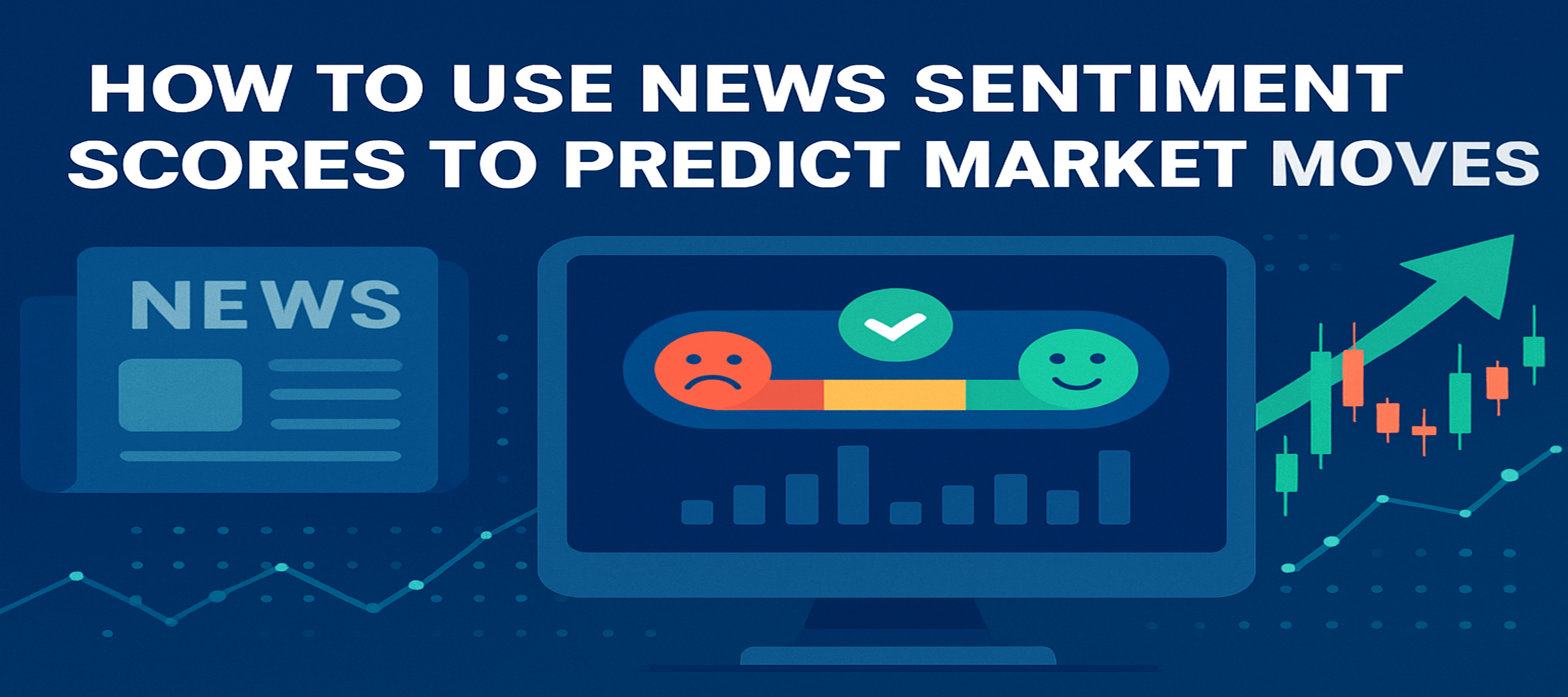
How to Use News Sentiment Scores to Predict Market Moves
Learn how to use news sentiment analysis and AI trading tools to predict market moves before they happen. Discover real examples, top platforms, and smart trading strategies using sentiment scores, financial news, and real-time alerts.
Sina · July 17, 2025
Introduction
In today’s fast-moving markets, trading with news has become a powerful way to get ahead. One major game-changer is news sentiment analysis — a smart way to understand how the news might move stock prices, currencies, or even entire markets. Thanks to tools that use AI and NLP in finance, traders can now read between the lines of financial news and get quick insights through sentiment scores.
Whether you’re trading stocks, watching forex news, or just want better market prediction, knowing how the market feelsabout the news gives you a serious edge. This is ...
🔒 Sign up to read more
Sign Up FreeWhat Is News Sentiment Analysis and How Does It Work?
🔒 Sign up to read more
Sign Up FreeWhy Sentiment Scores Matter for Market Prediction
🔒 Sign up to read more
Sign Up FreeReal Examples: How Traders Use News-Based Signals
🔒 Sign up to read more
Sign Up FreeBest Tools & Platforms for News Sentiment Trading
🔒 Sign up to read more
Sign Up FreeHow to Build Trading Strategies Using Sentiment Data
🔒 Sign up to read more
Sign Up FreeCommon Questions About Sentiment-Based Trading
🔒 Sign up to read more
Sign Up FreeConclusion
🔒 Sign up to read more
Sign Up Free🚀 Unlock Member-Only Insights
This content is reserved for TradingNews24 members — log in or sign up for free to access real-time market signals and exclusive tools.
Comments
No comments yet. Be the first!